Baotou guarantees medical resource for residents
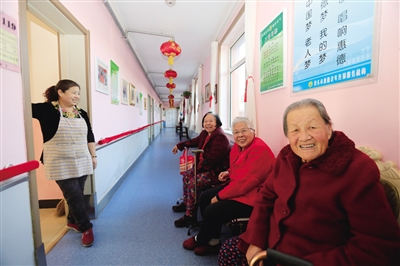
Elderly people living in elderly care institutions in Baotou pose for a group photo. [Photo/Baotou news network]
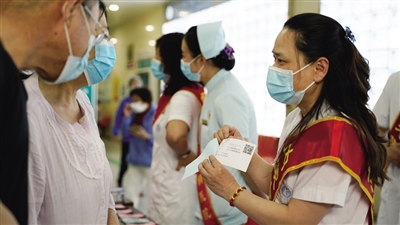
Residents receive free specialist registration slips at public hospitals with the help of volunteers. [Photo/Baotou news network]
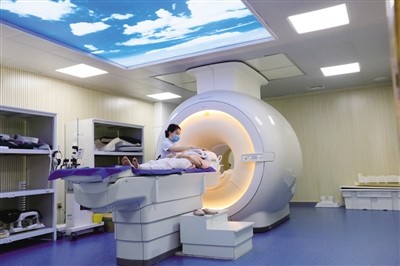
Advanced medical equipment better serves residents. [Photo/Baotou news network]
Baotou has continued to promote the construction of health infrastructure over the past decade, and the capacity and level of medical services have been consistently improved.
The unified residents medical insurance policy was officially implemented in Baotou on July 1, 2016. A total of 520,000 urban residents and 700,000 farmers and herdsmen in the city achieved a fair starting point for insurance participation and equal treatment.
The preferential payment policy for poor people, people living on subsistence allowances, people who fall back into poverty, and people at risk of poverty has also reduced medical insurance payments by 50 percent, increased the proportion of payment by 5 percentage points, and abolished the maximum payment limit.
It is reported that in 2021, Baotou subsidized 42,806 people from disadvantaged groups, helping them receive insurance, as well as assisted 20,400 outpatient chronic disease cases and 2,923 inpatient cases, with a total expenditure of 26.92 million yuan ($3.73 million).
Lucheng Insurance, as the only exclusive commercial supplementary medical insurance in Baotou under the guidance of the government, has connected with residents' medical insurance, serious disease insurance and medical assistance policies to reduce the medical burden of insured residents.
In addition, the city has carried out a policy that combines medical care with elderly care to provide sustainable health management services for the elderly. Medical service institutions are being set up in elderly care institutions, and green channels are set up in medical service institutions to give priority to the elderly, and long-term care insurance is being tested.

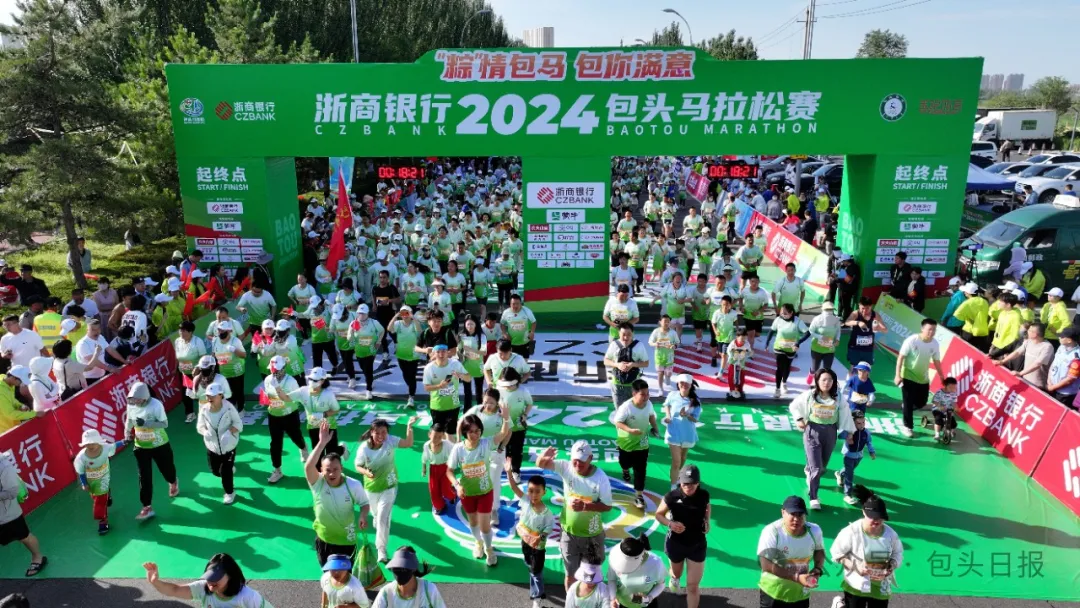
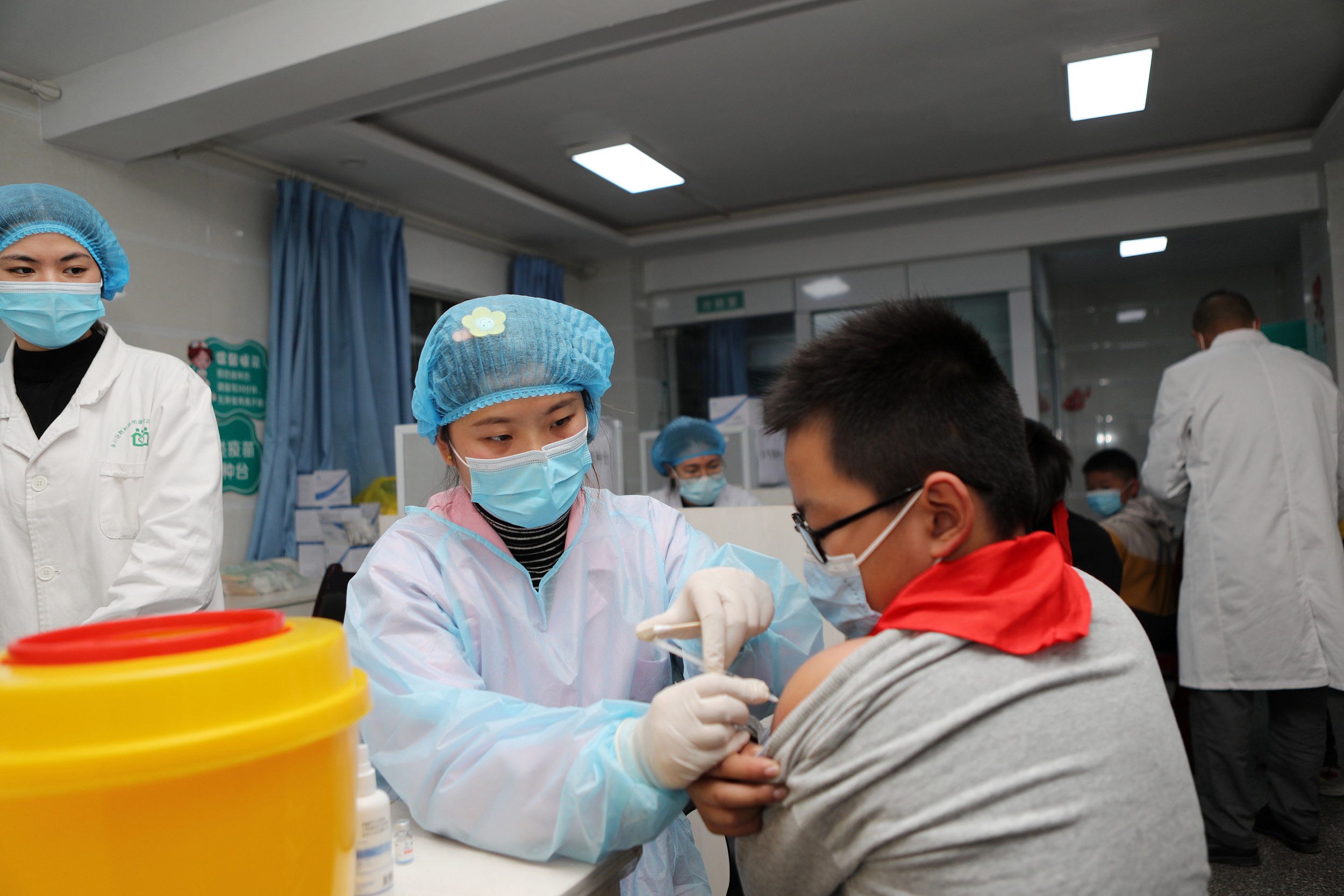


 Sketching and creation tour in Baotou
Sketching and creation tour in Baotou